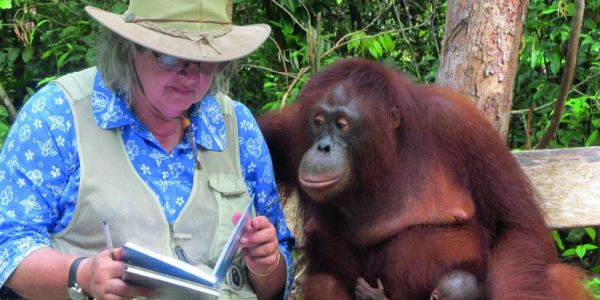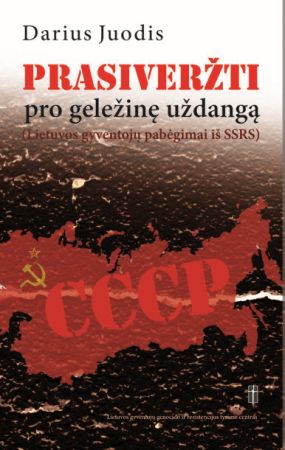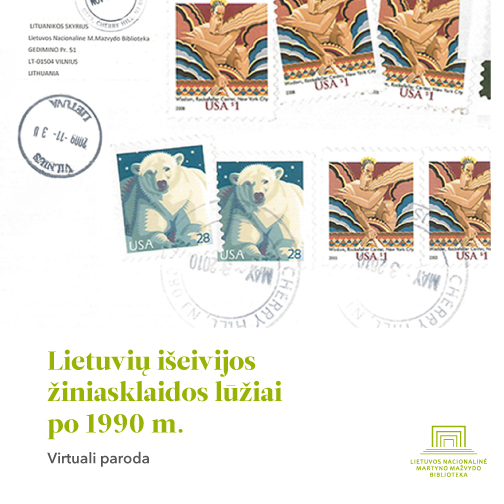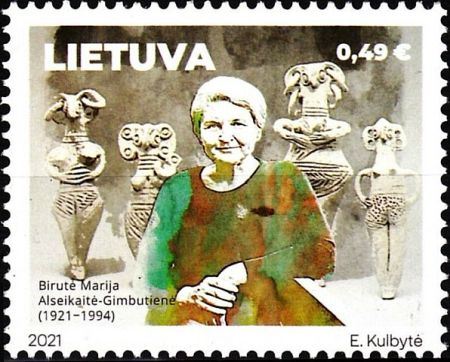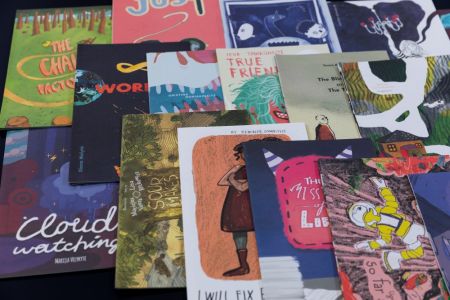Birutė Galdikas, the Canadian-Lithuanian scientist, came to the attention of National Geographic as one of the twenty women pioneers, who had been almost forgotten today. In the article “These 20 women were trailblazing explorers—why did history forget them?” celebrating March as Women’s History Month, National Geographic introduces Birutė Galdikas (born 1946), one of the female scientists dubbed Trimates, who has researched orangutans since the 1970s. Believing women to possess more patience and perception than men, paleoanthropologist Louis Leakey supported three young female scientists to live among the great apes. With funding from National Geographic, he helped set up field stations for Jane Goodall to study chimpanzees in Tanzania, Dian Fossey to live with mountain gorillas in Rwanda, and Galdikas to observe orangutans in Indonesian Borneo. The three women went on to complete groundbreaking research.
When Galdikas first entered Tanjung Puting National Reserve in 1971, orangutans were thought to be difficult—if not impossible—to study. More solitary than other primates, they roamed over large areas of dense tree canopy. But before long, Galdikas could spot them in the wild and even get close enough to interact with them. She transformed her home into a “halfway house” for animals transitioning out of captivity and raised the orphans almost as her own children, according to a 1975 cover story that she wrote for National Geographic.
Continue reading “Birutė Galdikas—One of National Geographic’s Trailblazing Women”